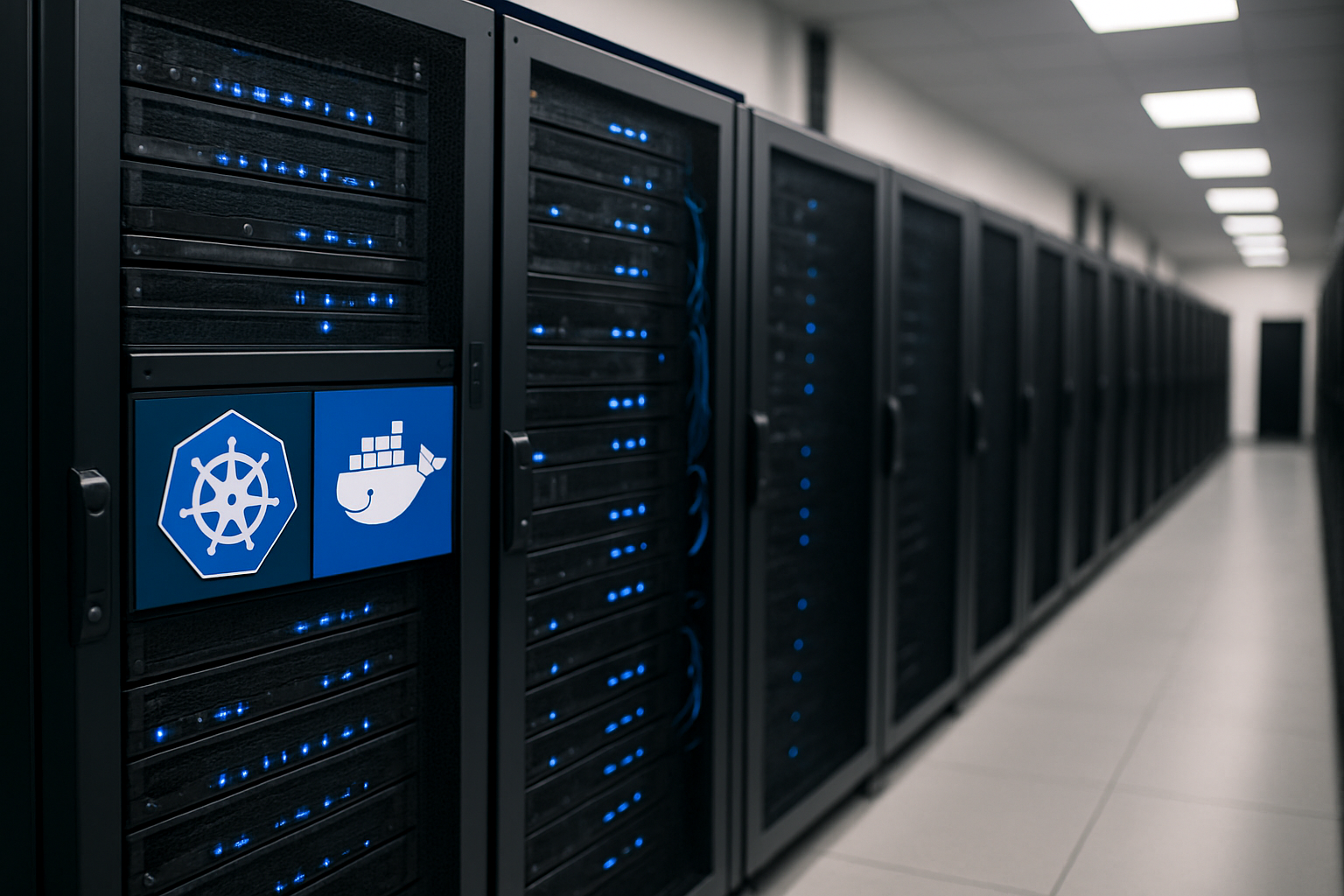Containerization and Servers: Why Docker and Kubernetes Still Matter
Docker and Kubernetes in modern servers
Docker and Kubernetes are the backbone of containerization, transforming the way servers operate. Containers isolate applications with their dependencies, ensuring consistency across testing, staging and production. Kubernetes, on the other hand, manages these containers at scale, automating deployment, balancing loads and recovering from failures. Together, they provide reliability and efficiency that traditional server management cannot match.
Containerization in server environments
The shift to containerization is a direct response to the complexity of modern infrastructures. Docker and Kubernetes simplify the deployment process, reducing human error and accelerating time to market. Servers that adopt these tools experience better utilization rates, as resources are allocated dynamically based on demand. This adaptability is critical in today’s fast-paced digital landscape, where downtime can mean lost revenue and lost trust.
Benefits beyond scalability
Docker and Kubernetes do more than just scale workloads. They improve security by isolating services, minimize disruption with rolling updates and cut costs by streamlining infrastructure. Organizations with hybrid or multi-cloud strategies rely heavily on these technologies to ensure portability across environments. Their ecosystems are supported by a global community, extensive documentation and integration with major cloud providers, adding to their relevance.
Container orchestration tools for resilience
As workloads become more distributed, orchestration tools are essential. Kubernetes automates scaling and self-healing, ensuring that applications remain available even under pressure. Docker complements this by providing consistency in how applications are packaged and run. For IT teams, this means less firefighting and more proactive management of resources, which directly improves server reliability and business performance.
Why Docker and Kubernetes still matter
Despite the rise of new technologies, Docker and Kubernetes remain indispensable. They address the fundamental challenges of server infrastructure: portability, automation and resilience. According to the Cloud Native Computing Foundation, a majority of organizations now describe their workloads as mostly cloud native, reflecting the dominance of these tools. Looking ahead, advances in observability, AI-driven automation and enhanced security will strengthen their role, keeping them at the center of server technology for years to come.
Source: CNCF

